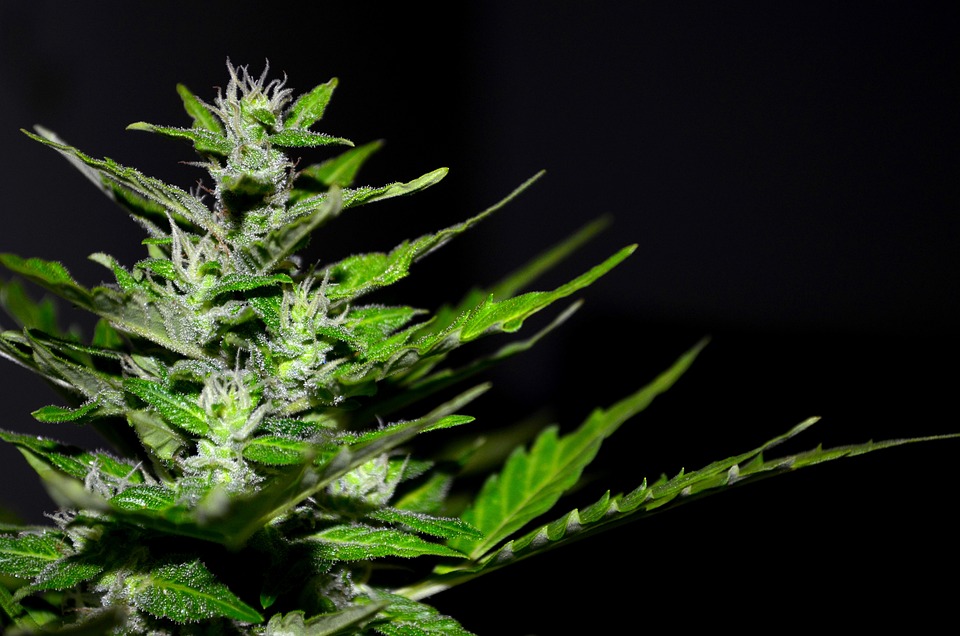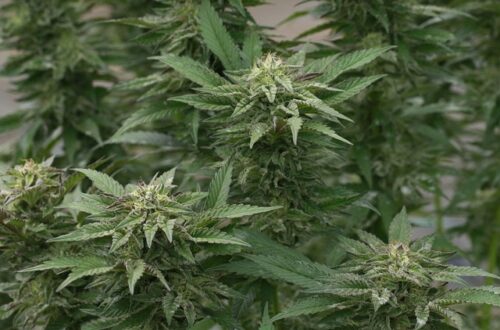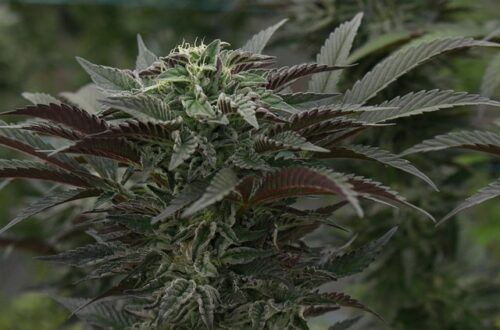THCa Flower Effects: What to Expect When Using It
THCa, or tetrahydrocannabinolic acid, is a non-psychoactive cannabinoid found in raw cannabis plants. Unlike THC, which is known for its psychoactive properties, THCa flower products does not produce a high when consumed in its natural form. This article explores the effects of THCa flower, providing insights into what users might experience when incorporating it into their wellness routine.
Understanding THCa and Its Properties
THCa is the acidic precursor to THC. When cannabis is heated through smoking, vaping, or cooking, THCa undergoes decarboxylation, converting into THC. This process is what gives cannabis its psychoactive effects. However, when consumed raw, THCa remains non-psychoactive, offering a different set of potential benefits.
Potential Benefits of THCa
- Anti-inflammatory Properties: Research suggests that THCa may help reduce inflammation, making it a potential option for those dealing with inflammatory conditions.
- Neuroprotective Effects: Some studies indicate that THCa might have neuroprotective properties, which could be beneficial for neurodegenerative diseases.
- Anti-emetic Benefits: THCa has shown promise in reducing nausea and vomiting, which could be helpful for patients undergoing chemotherapy.
- Antioxidant Properties: As an antioxidant, THCa may help protect cells from damage caused by free radicals.
How THCa Flower is Consumed
THCa flower can be consumed in several ways, each offering different experiences and benefits. Here are some common methods:
Raw Consumption
Consuming raw cannabis leaves or flowers in smoothies or salads is a popular method for those seeking the benefits of THCa without psychoactive effects. This method preserves the cannabinoid in its natural form.
Juicing
Juicing raw cannabis is another way to intake THCa. This method allows users to consume larger quantities of the plant, potentially enhancing the benefits of THCa and other cannabinoids present in the plant.
Tinctures and Capsules
THCa tinctures and capsules offer a convenient way to consume the cannabinoid. These products are often used by those who prefer precise dosing and ease of use.
Case Studies and Research
Several studies and anecdotal reports highlight the potential benefits of THCa. For instance, a study published in the British Journal of Pharmacology found that THCa exhibited anti-inflammatory properties in animal models. Another study in the Journal of Neuroimmune Pharmacology suggested that THCa might have neuroprotective effects.
Anecdotal evidence from patients using THCa for conditions like arthritis and multiple sclerosis suggests improvements in symptoms such as pain and muscle spasms. While these reports are promising, more research is needed to fully understand the effects and potential therapeutic uses of THCa.
Potential Side Effects
While THCa is generally considered safe, some users may experience mild side effects. These can include:
- Digestive Issues: Some individuals may experience stomach discomfort or diarrhea when consuming raw cannabis.
- Allergic Reactions: Although rare, some people may have allergic reactions to cannabis plants.
It’s always advisable to start with small amounts and monitor your body’s response when trying any new supplement or dietary addition.
Legal Considerations
The legal status of THCa varies by region. In some areas, THCa is considered legal as it is non-psychoactive. However, laws can change, and it’s important to stay informed about local regulations regarding cannabis and its derivatives.
Conclusion
THCa flower offers a unique set of potential benefits without the psychoactive effects associated with THC. From anti-inflammatory and neuroprotective properties to its use in managing nausea, THCa presents a promising option for those seeking alternative wellness solutions. As research continues to evolve, the understanding of THCa and its effects will likely expand, offering more insights into its potential applications.
For those interested in exploring THCa, it’s advisable to consult with healthcare professionals and consider personal health needs and legal regulations. With its growing popularity, THCa may become a significant component of cannabis-based wellness strategies in the future.




